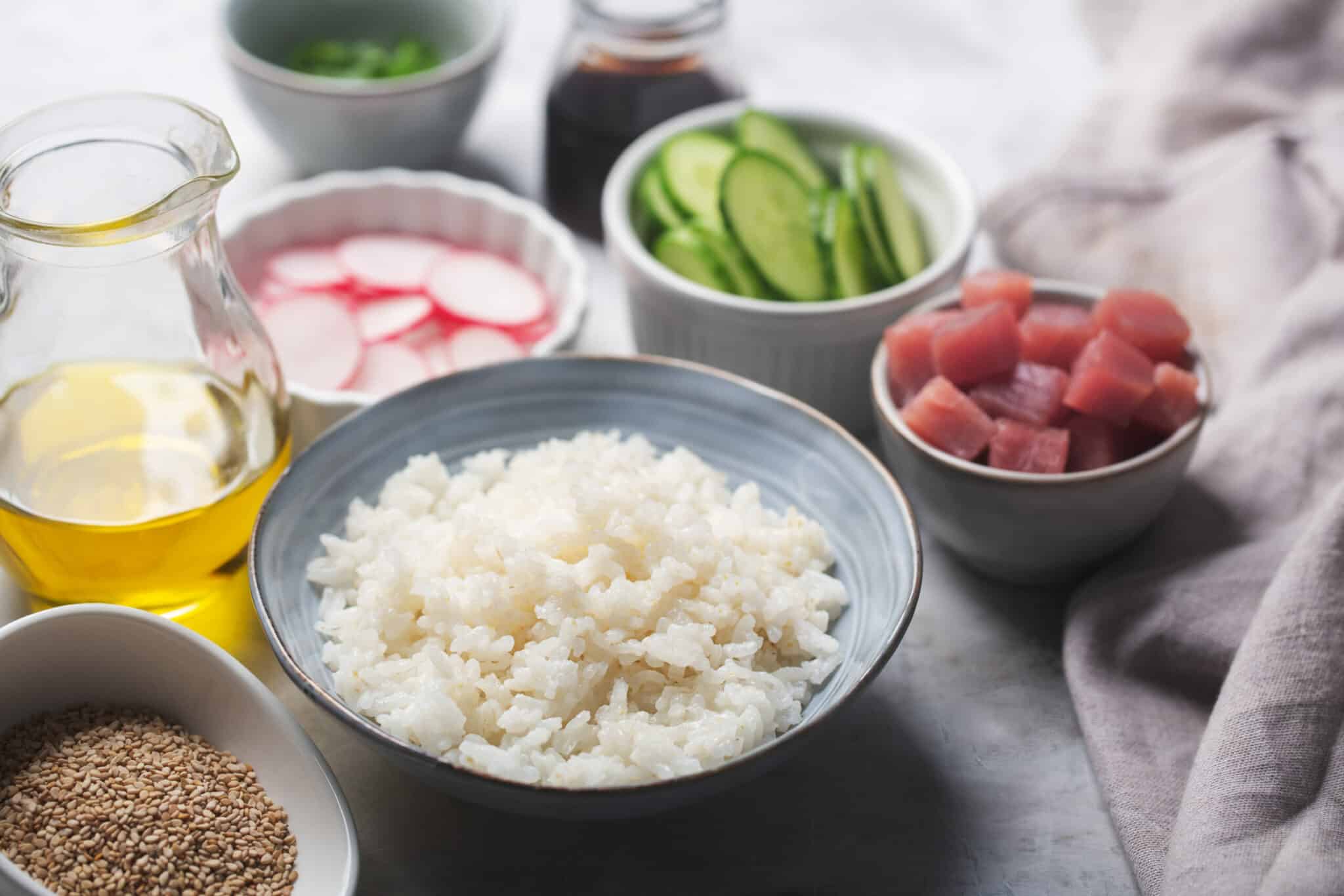Many love sushi, and it is no surprise home chefs have started making sushi at home. This is a cheap alternative for restaurant sushi as you can get to enjoy your delicious sushi for just a little over $20.
If you have ever tried making sushi at home, you would know rice vinegar is an important ingredient because it helps make sushi rice sticky, contribute to the flavor, and, most importantly, helps preserve sushi rice, keeping it fresh.
But if you are making sushi rice and you can’t get rice vinegar, or you probably ran all out of it, no need to get disappointed or frustrated because there are some similar alternatives for rice vinegar.
What is rice vinegar?
Rice vinegar, also known as rice wine vinegar, is a type of vinegar made from fermented rice, this type of vinegar is common to Chinese, Japanese, Korean, Vietnamese, and other South Asian cuisines. It has a slightly sweet flavor and can be used as a sweetener in sushi rice, dressings, and some fries.
There isn’t much information about the origin of this type of vinegar. Still, researchers believe it originated from China because rice vinegar can be traced back to China, and it has been in use for over 4,000 years.
Uses of rice vinegar in recipes
Rice vinegar is a versatile cooking ingredient in Asian cuisine and can be added to cold and hot dishes to augment the flavor of meat or vegetables. Rice vinegar can be used in stir fry recipes in place of soy sauce. You can also incorporate it into salads, add it to fruits, and make an excellent non-abrasive cleaning agent.
But in this article, I may focus on the use of rice vinegar in sushi rice. Vinegar is an essential ingredient in sushi rice because it contributes to the flavor, helps preserve, and makes the rice sticky to attract more seasoning. There are other uses of rice vinegar, and below are some recipes that call for rice vinegar;
- Sushi rice
- Tofu in sesame oil and rice vinegar
- Pork shoulder braised in black vinegar and rice wine with pickled chilies
- Rice vinegar cucumber salad
- Fried rice recipes
- Soy and vinegar dumpling sauce
- Japanese rice
- Chicken wontons with black rice vinegar
- Quick-pickled cucumber with rice vinegar recipe
- One-pot ginger chicken and rice recipe
- Soy vinegar dipping sauce
- Seasoned sushi-grade salmon with warm sushi rice
- Sushi rice and California rolls recipe
- Asian coleslaw with rice vinegar dressing
- Asian ground turkey and rice bowls recipe
Substituting rice vinegar
If you love sushi rice or other Asian dishes, you may always have rice vinegar in your pantry. Still, you may run out of this vinegar, or if you are new to sushi rice, you may want to get rice vinegar. Well, if you are in a hurry, then going to the specialty store may not be the best option.
There are some incredible substitutes for rice vinegar that would yield fabulous results, some of these substitutes may give the same flavor, and some may even be more flavorful.
Without further ado, here are some alternatives for rice vinegar in sushi rice recipes when they are not available;
1. White wine vinegar
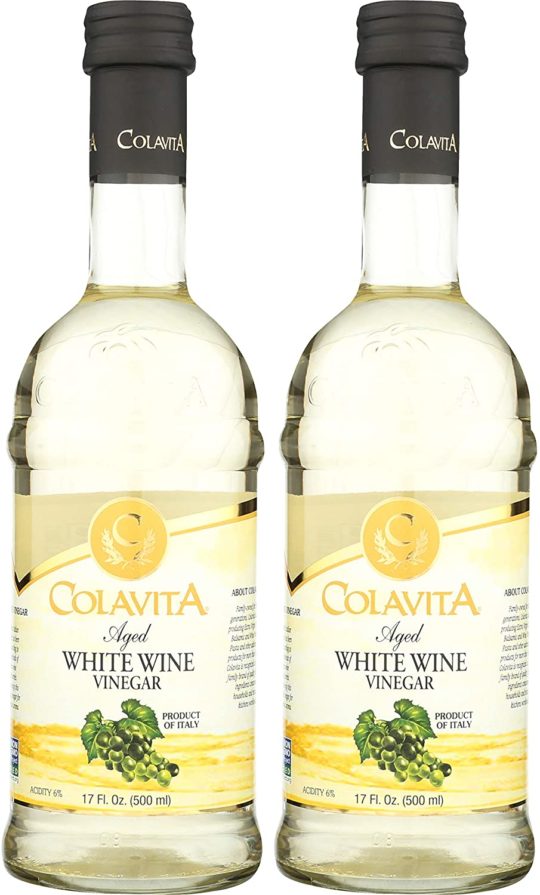
White wine vinegar shares a similar flavor to rice vinegar in various dishes, including sushi rice. It has a mild, slightly acidic taste mainly because the fermentation made it white wine, so it can also be added to salad dressing and some sauces.
Suppose you notice you don’t have rice vinegar while making your delicious sushi—no need to panic. If you have some white wine vinegar left, you can easily make the swap and still get a delicious, slightly fruity flavor. Use one to1 ratio when substituting. Although rice vinegar is slightly sweeter than white wine vinegar, you can still achieve this hint of sweetness by adding ¼ tablespoon of sugar per tablespoon of white wine vinegar.
2. Apple cider vinegar
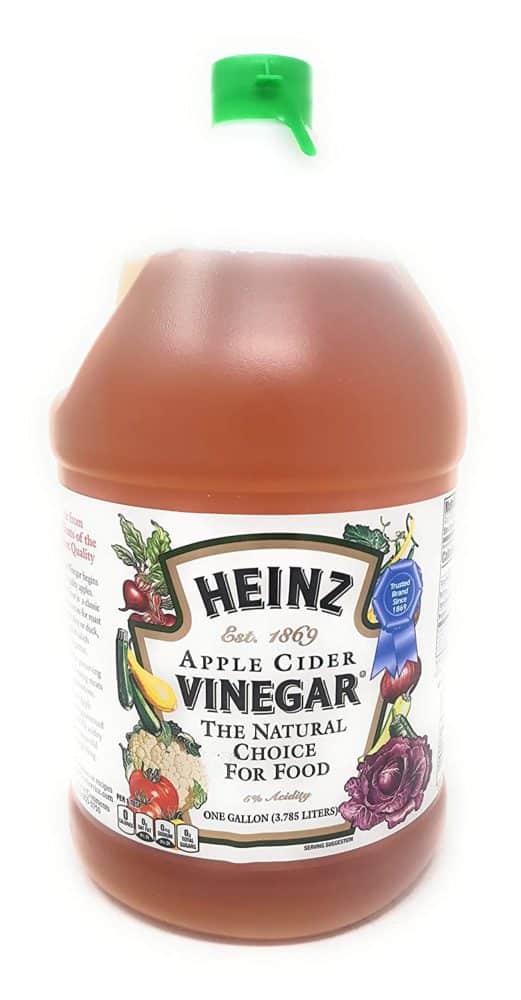
Apple cider vinegar is a type of vinegar made from fermented apple juice. It can make a good substitute for rice vinegar in sushi because they share similar flavors, and apple cider vinegar has a faint apple flavor for augmented sweetness.
Apple cider vinegar can substitute just about any vinegar and is great when used as marinades or incorporated into sushi rice or even as salad dressings. When substituting, use the same measurement where the recipe calls for rice vinegar.
3. Champagne vinegar

Champagne vinegar has a light, delicate flavor; if you need a vinegar that won’t overpower the final product, the mild taste makes it suitable for any recipe, including sushi rice.
Champagne vinegar is made by fermenting champagne, and the result is usually a type of vinegar with a light, delicate flavor. It augments the flavor of seafood in particular and can also be a delicious addition to dipping sauces, dressings, and marinades.
If you are making sushi rice and run out of rice vinegar, but you have some champagne vinegar, then making the switch may be your best option.
4. Lemon juice
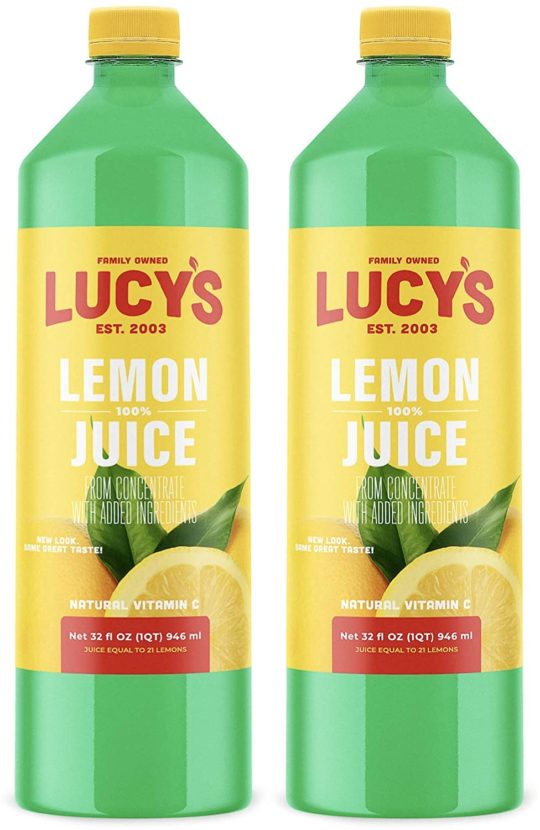
Lemon juice isn’t a common substitute for rice vinegar, especially sushi. This may alter the final product’s flavor (it can also be a delicious addition). Although you need a last-minute substitute for rice vinegar, you may grab some lemon extract, and it is very easy to find. It can also help preserve sushi rice because of its highly acidic nature that keeps bacteria away. So make sure you use a small quantity and gradually increase the portions until you arrive at the desired flavor.
5. White wine
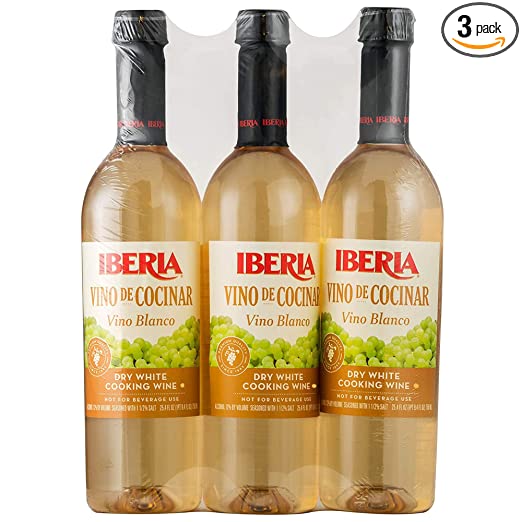

This is also a good substitute for rice vinegar in sushi because it is more flavorful than rice vinegar, and it is known to keep bacteria away. So if you want a new flavor in your sushi rice, or maybe you love wine, then opting for white wine may be a delicious addition.
Frequently asked questions (FAQ)
How healthy is rice vinegar?
It is rich in acetic acid for boosting digestive health, and it also helps your body absorb more nutrients like potassium, calcium, and vitamins from the food.
Can lime juice substitute rice vinegar?
Like lemon juice, lime juice can be a good substitute for rice vinegar, it helps keep sushi rice free from bacteria, but it also needs to be added in small portions.
Is rice vinegar gluten-free?
Rice vinegar is made from fermented rice, but it isn’t distilled, so gluten-free. You should consider apple cider vinegar or red wine vinegar if you are gluten sensitive. Since gluten-free, we can also use Mizkan rice vinegar, Mizkan season rice vinegar, and Mizkan mirin.
Conclusion
If you love sushi, then making one wouldn’t be something you’d shy away from. However, making one requires several ingredients, including rice vinegar. If you can’t find rice vinegar, some substitutes can be helpful when making sushi rice.
